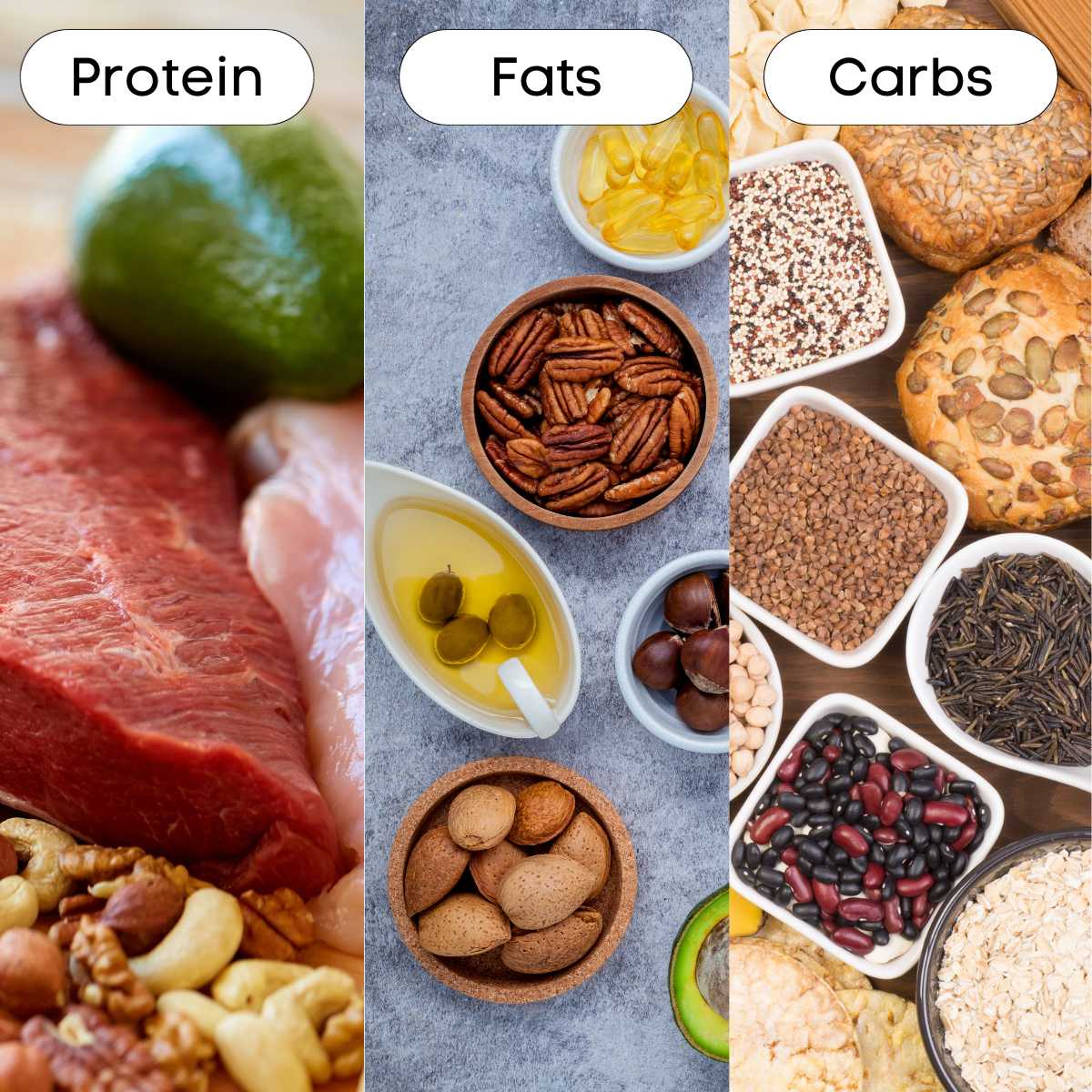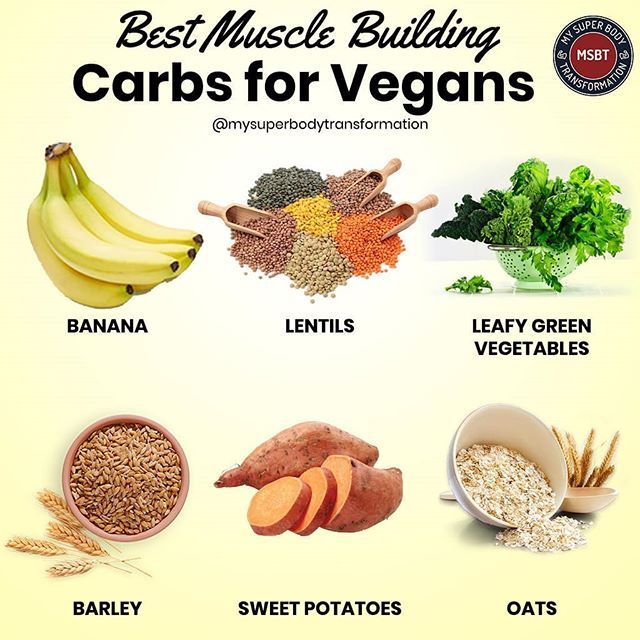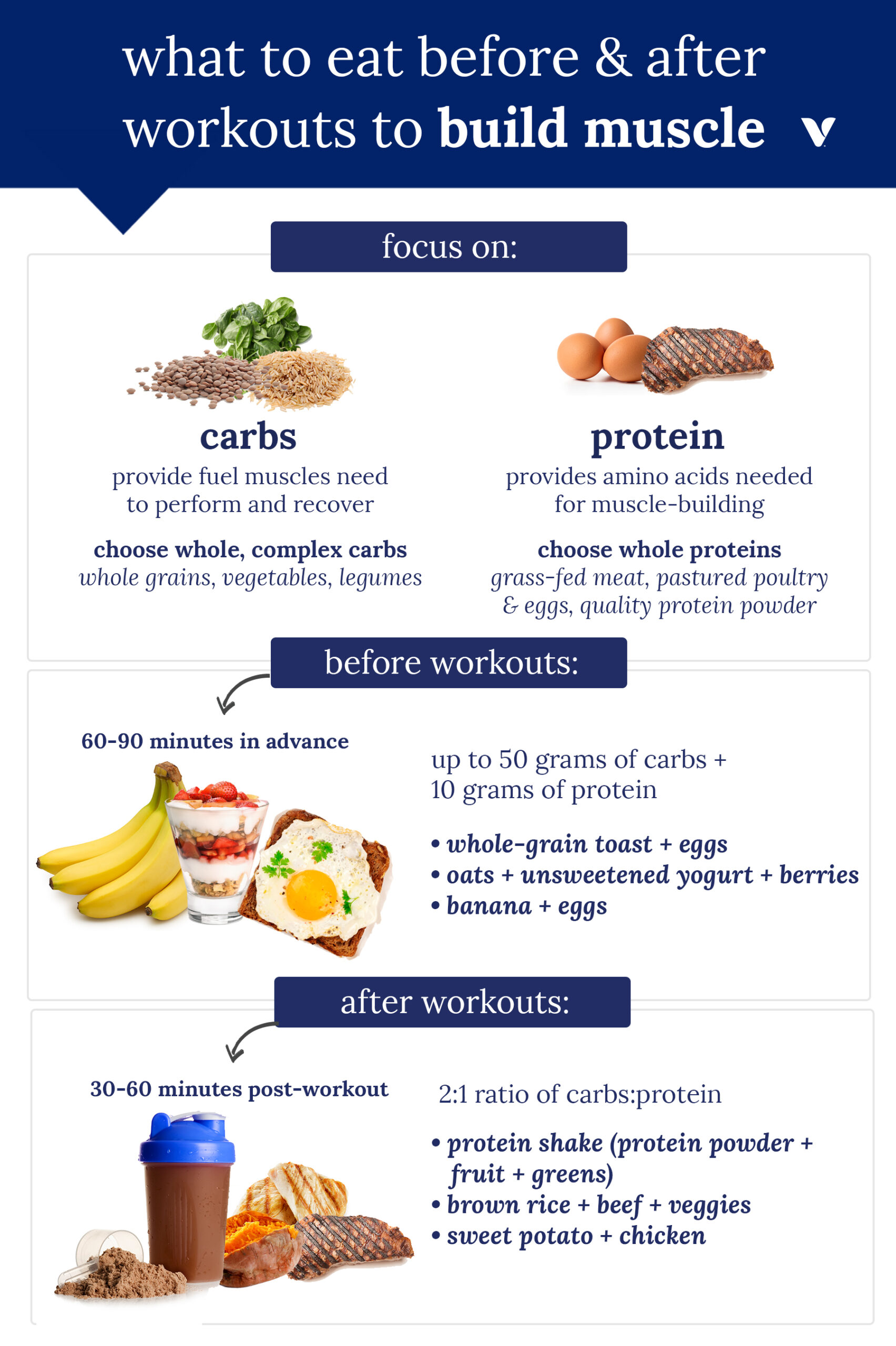Effective Ways to Use Carbohydrates for Muscle Growth in 2025 – Discover Proven Strategies
Carbohydrates are vital for muscle growth and energy, especially for fitness enthusiasts and athletes. Understanding the role of carbohydrates in nutrition is crucial for anyone aiming to enhance their performance or shift body compositions. This article explores effective methods to utilize carbohydrates for muscle development, stamina during workouts, and overall fitness. We’ll delve into carbohydrate sources, timing, and integration with proteins and fats to optimize your diet for maximum muscle growth. The key takeaway: balanced nutrition is fundamental for achieving your fitness goals.

Essential Guide to Carbohydrate Sources for Muscle Growth
Building on the fundamental understanding of carbohydrates, identifying the best carbohydrate sources can significantly enhance muscle growth results. Carbohydrates serve as the primary energy source during training, fueling workouts that lead to muscle hypertrophy. Choosing the right foods can also affect recovery, performance, and overall energy levels. To maximize your training efficacy, it’s essential to integrate specific carbohydrate-rich foods into your diet.
Top Carbohydrate-Rich Foods to Fuel Your Training
When selecting carbohydrate sources, it’s crucial to focus on quality. Here are the top carbohydrate-rich foods to incorporate:
- Quinoa: A complete protein with high carb content.
- Sweet Potatoes: Packed with vitamins and slow-digesting carbs.
- Oats: Excellent for breakfast, providing sustained energy throughout the day.
- Brown Rice: A staple in many diets, it’s rich in complex carbohydrates.
- Bananen: Ideal for quick energy, particularly useful post-workout.
Including a variety of these foods helps enhance muscle energy and recovery. It’s essential to focus not just on quantity but on the quality of the carbohydrates consumed.
Importance of Carbohydrate Timing
The timing of carbohydrate intake can lead to significant gains in performance and recovery. Consuming carbohydrates strategically can enhance glycogen replenishment and help maintain energy levels during workouts.
- Pre-Workout: Eating carbs before workouts can ensure your body has enough energy to perform at its best. Aim for a combination of complex and simple carbs about 30-60 minutes prior to training.
- Post-Workout: Consuming fast-acting carbohydrates after training can help kickstart recovery and muscle repair. Utilize sources like sports drinks, fruits, or simple sugars to rapidly replenish glycogen stores.
Integrating carbohydrates at these key times can significantly affect your training outcomes and muscle recovery.
Understanding Glycogen and Its Role in Muscle Growth
Glycogen is the stored form of glucose in your body, predominantly found in muscles and the liver. Understanding its role in muscle growth is vital. When you engage in resistance training, your muscles rely on glycogen as a primary energy source.
Low glycogen levels can lead to fatigue and reduced performance during workouts, hampering muscle growth. To optimize glycogen stores, consume sufficient carbs daily, especially around your training sessions. Maintaining high glycogen levels supports not only performance but recovery and overall workout effectiveness.
Building Muscle with Effective Protein Integration
With these carbohydrate fundamentals established, let’s discuss the relationship between carbohydrates and protein in muscle growth. Merging these macronutrients is key to not just muscle hypertrophy but also recovery and repair. Proteins are essential for muscle building, while carbohydrates fuel and enhance their effectiveness.
Ideal Protein Sources for Hybrid Nutrition
While carbohydrates are essential, incorporating the right proteins into your diet is equally crucial. Here are some recommended sources:
- Lean Meats: Chicken, turkey, and lean cuts of beef provide high-quality protein necessary for muscle repair and growth.
- Eggs: Rich in essential amino acids, they are versatile and effective for post-workout recovery.
- Proteins shakes: Convenient and effective, they ensure sufficient protein intake immediately after workouts.
This balanced approach, ensuring enough carbohydrates with protein, creates a synergistic effect that enhances muscle growth and recovery.
Protein Timing for Optimal Muscle Recovery
The timing and distribution of protein intake are crucial for muscle recovery. Studies suggest distributing protein consumption evenly throughout the day enhances muscle protein synthesis. Here’s how to optimize your protein intake:
- Consume Protein Post-Workout: Aim for a protein-rich snack or meal within 30 minutes post-exercise to kickstart recovery.
- Sustained Protein Intake: Incorporate protein-rich foods in every meal to maintain elevated amino acid levels in the bloodstream.
By focusing on both carb and protein timing, you create an optimal environment for muscle recovery and growth.
Avoiding Common Nutritional Mistakes
Despite the knowledge about carbohydrates and proteins, many make nutritional errors that hinder gains in muscle mass. Here are some common pitfalls to avoid:
- Under-Eating Carbs: Many athletes shy away from carbs due to diet trends, which can severely limit muscle performance.
- Inconsistent Meal Timing: Skipping meals or incorrect timing of protein and carb intake can impact muscle recovery.
- Ignoring Hydration: Well-hydrated athletes perform better; ensure fluid intake is a priority alongside nutrition.
Addressing these common mistakes can enhance your training results and support your muscle growth journey effectively.

1. Customized Nutrition Plans for Optimal Muscle Growth
With a deeper understanding of carbohydrates and proteins, developing a personalized nutrition plan tailored to your needs is critical. Personalized plans must align with individual fitness goals, dietary preferences, and calorie requirements to be effective.
Creating a Balanced Meal Plan
When devising an effective meal plan, consider including a variety of carbohydrate sources alongside proteins and healthy fats. Here are some fundamental principles for creating balanced meals:
- Meal Composition: Ensure each meal includes a protein source, healthy fats, and carbohydrates. This balance promotes sustained energy and recovery.
- Caloric Surplus for Muscle Building: Ensure that your daily caloric intake supports muscle building. This often requires higher overall consumption compared to maintenance levels.
- Include Variety: Incorporate diverse foods to meet micronutrient needs and avoid dietary boredom.
Following these guidelines can help optimize your nutrition to meet your unique fitness goals.
Sample Meal Plan for Muscle Growth
Here’s a simple sample meal plan to illustrate effective carbohydrate and protein combinations:
- Breakfast: Oatmeal with bananas and a scoop of protein powder.
- Lunch: Grilled chicken with quinoa and steamed broccoli.
- Snack: Greek yogurt with honey and granola.
- Dinner: Stir-fried beef with sweet potatoes and a side salad.
This simple meal plan ensures balanced macronutrient distribution and supports muscle growth effectively.
Monitoring Progress and Adjusting Intake
To achieve your muscle growth objectives, consistently monitor your progress and be prepared to adjust your nutrient intake. This could include shifting the balance of macronutrients or altering meal timing based on individual results. Regularly evaluating your energy levels, workout performance, and body composition will inform necessary adjustments.
Q&A: Common Questions About Carbohydrates and Muscle Growth
1. How many carbohydrates should I consume for muscle growth?
Your carbohydrate intake depends on your overall activity level and specific fitness goals. A general guideline is to consume about 3-7 grams of carbohydrates per kilogram of body weight, particularly for intense training regimens.
2. Can I build muscle on a low-carb diet?
While it is possible to build muscle on a low-carb diet, it may not be as effective for everyone, especially during intense training phases. Carbs provide the necessary energy for optimal performance and recovery.
3. What’s the best time to consume carbohydrates for training?
Ideally, consume carbohydrates 30-45 minutes before workouts and again within 30 minutes after training. This timing ensures energy availability and rapid glycogen replenishment.
4. Are all carbohydrates equal for muscle growth?
No, not all carbohydrates are equal. Focus on complex carbohydrates for sustained energy and less processed sources, which provide better nutrients and fiber.
5. How do proteins complement carbohydrate intake?
Proteins provide the essential amino acids needed for muscle repair and growth, while carbohydrates ensure there’s sufficient energy available to optimize performance and recovery.
With these effective strategies for utilizing carbohydrates in your diet, you’re now equipped to enhance your muscle growth in 2025. For more detailed strategies and innovative diet plans, check out the following links: Sports Nutrition Plans and Effective Meal Preparation Strategies.
